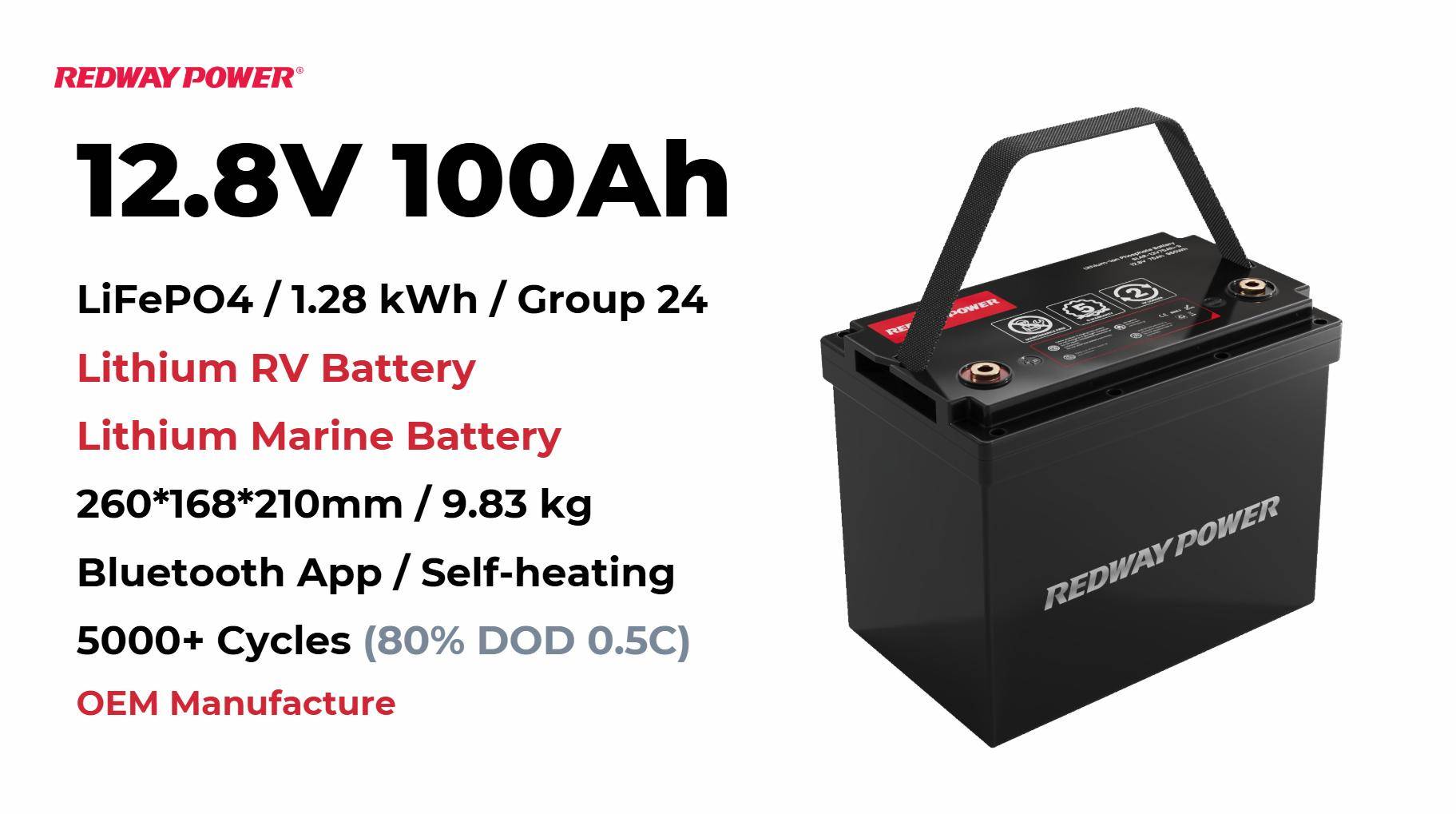- Rack-mounted Lithium Battery
- Golf Cart Lithium Battery
-
Golf Cart Lithium Battery
- 36V 50Ah (for Golf Carts)
- 36V 80Ah (for Golf Carts)
- 36V 100Ah (for Golf Carts)
- 48V 50Ah (for Golf Carts)
- 48V 100Ah (Discharge 100A for Golf Carts)
- 48V 100Ah (Discharge 150A for Golf Carts)
- 48V 100Ah (Discharge 200A for Golf Carts)
- 48V 120Ah (for Golf Carts)
- 48V 150Ah (for Golf Carts)
- 48V 160Ah (Discharge 100A for Golf Carts)
- 48V 160Ah (Discharge 160A for Golf Carts)
-
Golf Cart Lithium Battery
- Forklift Lithium Battery
- 12V Lithium Battery
- 24V Lithium Battery
- 36V Lithium Battery
- 48V Lithium Battery
-
48V LiFePO4 Battery
- 48V 50Ah
- 48V 50Ah (for Golf Carts)
- 48V 60Ah (8D)
- 48V 100Ah (8D)
- 48V 100Ah
- 48V 100Ah (Discharge 100A for Golf Carts)
- 48V 100Ah (Discharge 150A for Golf Carts)
- 48V 100Ah (Discharge 200A for Golf Carts)
- 48V 150Ah (for Golf Carts)
- 48V 160Ah (Discharge 100A for Golf Carts)
- 48V 160Ah (Discharge 160A for Golf Carts)
-
48V LiFePO4 Battery
- 60V Lithium Battery
-
60V LiFePO4 Battery
- 60V 20Ah
- 60V 30Ah
- 60V 50Ah
- 60V 50Ah (Small Size / Side Terminal)
- 60V 100Ah (for Electric Motocycle, Electric Scooter, LSV, AGV)
- 60V 100Ah (for Forklift, AGV, Electric Scooter, Sweeper)
- 60V 150Ah (E-Motocycle / E-Scooter / E-Tricycle / Tour LSV)
- 60V 200Ah (for Forklift, AGV, Electric Scooter, Sweeper)
-
60V LiFePO4 Battery
- 72V~96V Lithium Battery
- E-Bike Battery
- All-in-One Home-ESS
- Wall-mount Battery ESS
-
Home-ESS Lithium Battery PowerWall
- 24V 100Ah 2.4kWh PW24100-S PowerWall
- 48V 50Ah 2.4kWh PW4850-S PowerWall
- 48V 50Ah 2.56kWh PW5150-S PowerWall
- 48V 100Ah 5.12kWh PW51100-F PowerWall (IP65)
- 48V 100Ah 5.12kWh PW51100-S PowerWall
- 48V 100Ah 5.12kWh PW51100-H PowerWall
- 48V 200Ah 10kWh PW51200-H PowerWall
- 48V 300Ah 15kWh PW51300-H PowerWall
PowerWall 51.2V 100Ah LiFePO4 Lithium Battery
Highly popular in Asia and Eastern Europe.
CE Certification | Home-ESS -
Home-ESS Lithium Battery PowerWall
- Portable Power Stations
What Are Common Misconceptions About Using 12V Lithium Batteries?

As the popularity of 12V lithium batteries continues to rise, several misconceptions persist regarding their use and performance. Addressing these myths can help users make informed decisions about energy storage solutions.
1. Lithium Batteries Are Prone to Exploding
A prevalent myth suggests that lithium batteries are highly prone to explosions. While lithium-ion batteries can pose safety risks if mishandled or damaged, modern manufacturing practices and built-in safety features significantly reduce this risk. Quality control measures ensure that incidents are extremely rare, especially when batteries are used according to manufacturer guidelines.
2. You Must Fully Discharge Lithium Batteries Before Recharging
Another common misconception is that lithium batteries must be fully discharged before recharging to maintain their health. This belief is rooted in the “memory effect” associated with older battery technologies. In reality, lithium batteries thrive on partial discharges and regular top-ups, which can enhance their overall lifespan.
3. Leaving Lithium Batteries Plugged In Overnight Damages Them
Many users fear that leaving lithium batteries plugged in overnight will damage them or reduce their lifespan. However, modern lithium batteries are equipped with sophisticated Battery Management Systems (BMS) that regulate the charging process, preventing overcharging. Thus, charging overnight is generally safe and does not harm the battery.
4. Lithium Batteries Are Too Expensive
While the initial cost of lithium batteries is often higher than that of lead-acid batteries, users frequently overlook the long-term savings associated with their extended lifespan and lower maintenance needs. Lithium batteries can last 3 to 4 times longer than lead-acid options, making them more economical over time despite the higher upfront investment.
5. All Lithium Batteries Are the Same
It’s crucial to understand that not all lithium batteries are created equal; there are different chemistries, such as LiFePO4 and Li-ion, each with unique performance characteristics. Users should select a battery type that suits their specific application to ensure optimal performance and safety.
6. Lithium Batteries Require Special Chargers Only
While it’s true that lithium batteries require specific charging profiles, many modern chargers are designed to accommodate various battery types, including lithium. Nevertheless, using a charger specifically designed for lithium technology is recommended to avoid potential damage.
Conclusion
By understanding these misconceptions about 12V lithium batteries, users can make better choices regarding their energy storage solutions. With proper usage and care, these batteries offer numerous advantages, including a longer lifespan, enhanced efficiency, and safety features, making them a reliable choice for various applications.
For premium quality lithium LiFePO4 batteries and tailored solutions, contact Redway Power, a trusted factory wholesaler with over 12 years of expertise in providing innovative energy storage solutions.












